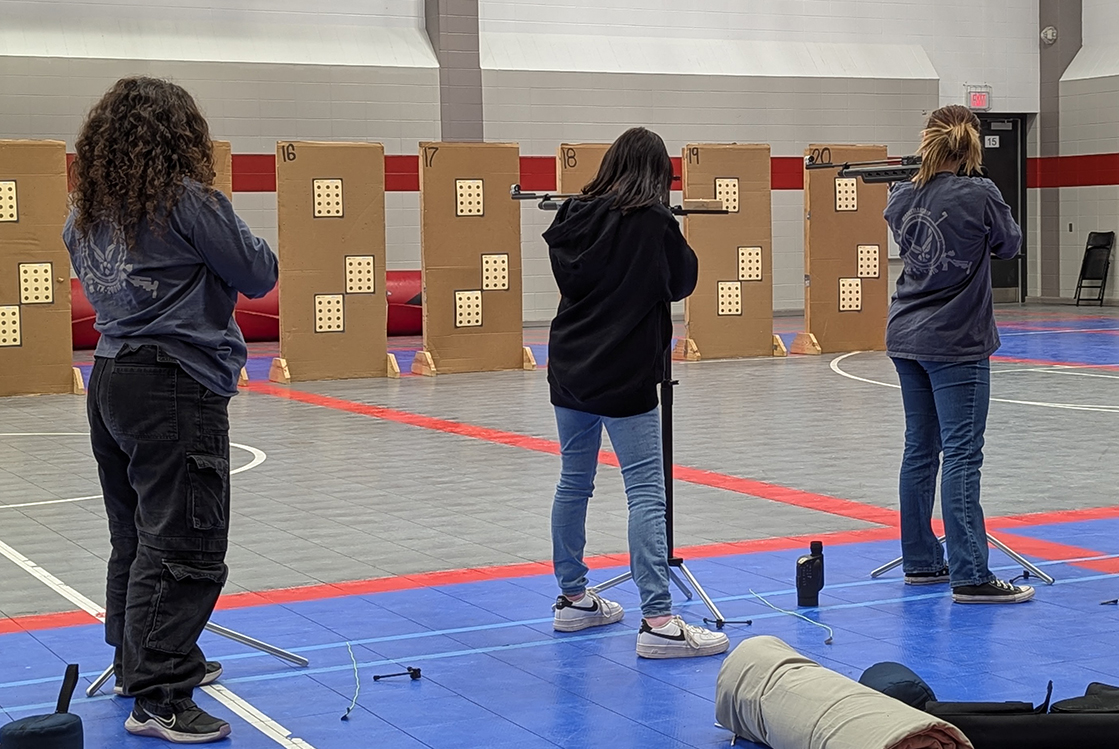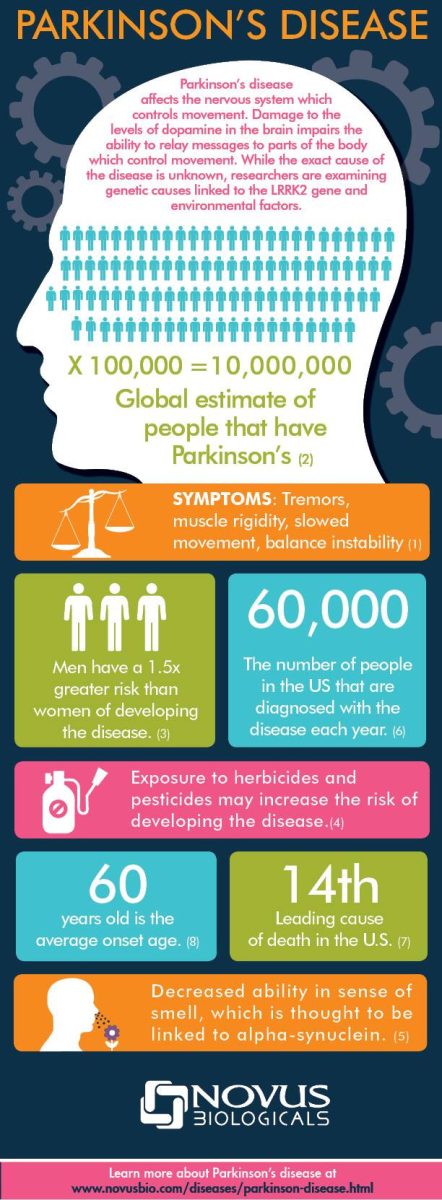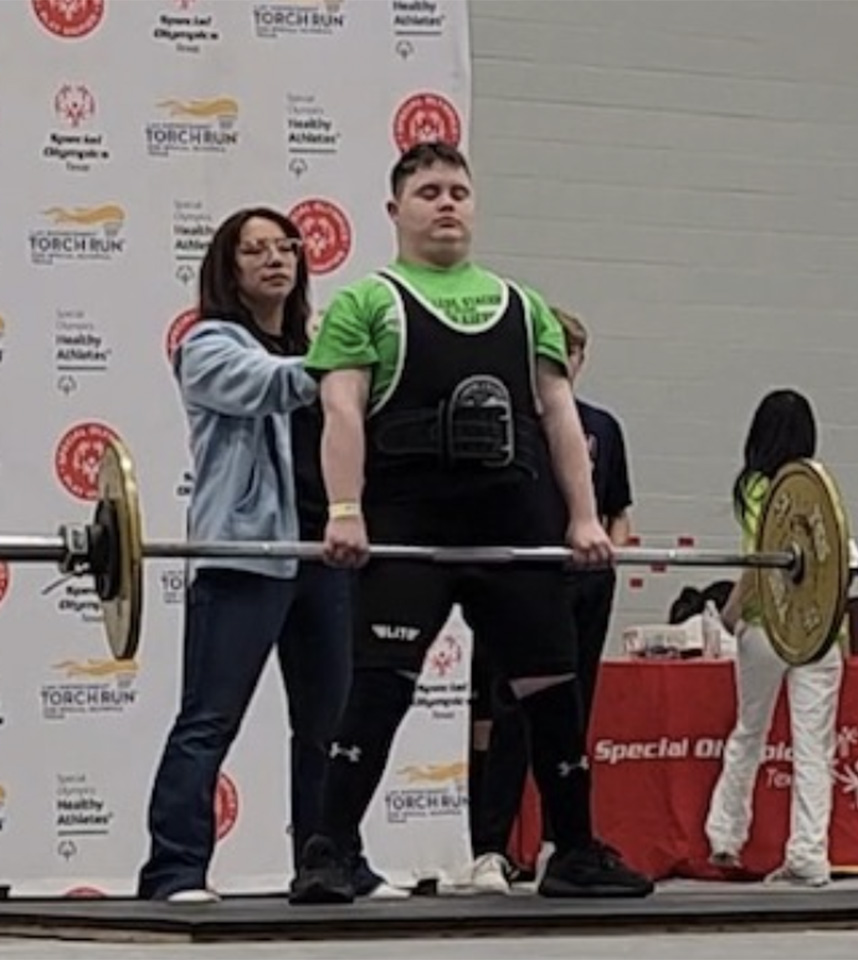“Who are you voting for?” It’s a question that some teens answer with excitement and fervor, while others choose to ignore the question altogether. What teens don’t seem to understand is the importance of knowing their answer and all that comes with it.
Even though the majority of high school students are ineligible to vote, becoming involved before they take on the civic duty of voting can be beneficial.
“Young people need to get involved in politics at an early age,” history teacher Chad Cryer said. “Later on they [can] become active participants in the voting process. It sets them up so they can become good, responsible, virtuous citizens.”
Sometimes, students don’t open their eyes to the role citizens play in our government, but rather focus on what revolves around them.
“I think the majority of students that I have come across don’t accept it as their responsibility because they’re concerned with other things,” Cryer said. “They don’t see the connection between how government affects them; how voting is taking part in the political process. Instead, it’s somebody else’s decision.”
With this attitude, many students ask how politics, such as the upcoming presidential election, relate to them, but a better question is: how does it not relate to them?
“I think a lot of students aren’t involved in politics because they don’t feel that politics influence them directly,” Senior Class President Cory Collet said. “Politicians determine [what happens in] school and our school budgets; everything around us is determined by politics.”
Getting students more involved in political processes is a difficult feat, but through the school, increasing involvement could be facilitated.
“[What] if we could have elections that directly affected the students?” Cryer said. “If we asked ‘what type of music [should be] played in the hallways?’ and students were able to vote on that, they would see the immediate effect of it, and later on they’re trained to realize how important it is.”
On a larger national scale, it can be hard for students to see results immediately affecting them.
“In the short term, politics doesn’t have a return,” Government teacher David Wilson said. “In other words, when you elect somebody, you’re not going to get a policy changed in a year, even two years. They feel helpless to change, but I think you have to convince them that if they get involved in politics, they can make a change.”
Collet agrees, and says both teachers and organizations within the school can assist with getting students interested.
“I feel like the student government can make changes by playing a more active role in the school, and by showing that there actually is a student government, because a lot of students don’t realize that,” Collet said. “Also, I think teachers could maybe give projects to students to help students see that politics does involve everybody.”





